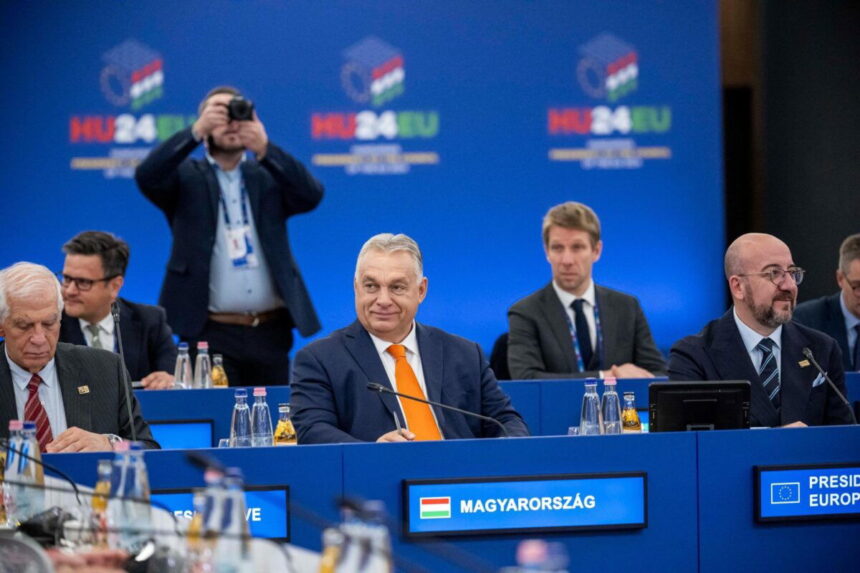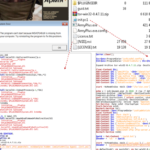EU leaders have signed a pact to handle the bloc’s stagnating economy in the face of a pending 2nd term of Trump in the White House.
Whatever one’s view of Donald Trump, his first term in office saw increased employment and boosted US business, no doubt one of the key reasons US voters have just reelected him after four years of one of the highest periods of inflation in forty years. The track record of ‘America first’ policies of President Trump has set off alarm bells in the European Union since his reelection on Wednesday, November 6, fearing less trade cooperation from their American partner.
For the EU, it is time to plug the widening trade gap with what is touted as a ‘New European Competitiveness Deal’ proposed to kick-start the European economy in preparation for a Trump administration taking office.
EU’s deindustrialisation policy not prepared to face Trump administration
The deal was signed on Friday during an informal summit in Budapest in which fears about a trend in Europe towards deindustrialisation clashed with the risk of tougher tariffs on exporting to the US and a general slowdown in the Chinese economy.
Solutions voted on at the summit included deepening the single market, unlocking fresh investments and grants for small companies and start-ups, cutting red tape, promoting homegrown high-tech businesses, reaching sustainable trade deals, and spending at least 3 percent of GDP on research and development by the end of the decade.
One pleasant change at the meeting was seeing Hungary’s Viktor Orban being treated as an old dear friend by western European leaders, after being accused of all sorts over the last few years and being fined for not adhering to EU immigration policy, something that appears to have been forgotten now with other EU nations beginning to close their borders too.










